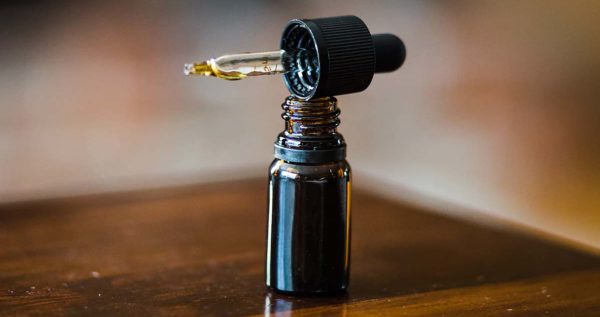You are here
Home 🌿 Cannabis Technology News 🌿 Western University study shows how CBD can help mitigate negative effects of THC 🌿Western University study shows how CBD can help mitigate negative effects of THC

Researchers at Western University are demonstrating how cannabidiol (CBD) can help diminish the negative psychiatric side effects from tetrahydrocannabinol (THC) during cannabis consumption in rats.
Although researchers were previously aware that high-THC cannabis cultivars could cause such symptoms, the mechanism behind the symptoms was not fully understood.
Published in The Journal of Neuroscience, the study discovered that THC, the intoxicating component in cannabis, stimulates a molecule in the brain’s hippocampus — a small, curved formation in the brain that plays a key role when forming new memories and is also associated with learning and emotions — known as extracellular-signal regulated kinase (EKR), that, in turn, triggers the cannabinoid’s neuropsychiatric effects such as anxiety, paranoia, and addictive behaviours.
During the study, rats that were administered THC only showed higher levels of activated ERK, showed “more anxiety behaviours” and demonstrated increased sensitivity to “fear-based learning.”
On the other hand, rats that were administered both CBD and THC experienced less anxiety, less sensitivity to fear-based learning, and demonstrated normal levels of activated ERK — much like the control rats.
“For years we have known that strains of cannabis high in THC and low in CBD were more likely to cause psychiatric side-effects,” Dr. Steven Laviolette, a professor at Western’s Schulich School of Medicine and Dentistry and co-author of the study, stated in a press release. “Our findings identify for the first time the molecular mechanisms by which CBD may actually block these THC-related side-effects.”
Based on their findings, the research team suggests that CBD has the capacity to block the ability of THC to “overstimulate the ERK pathway in the hippocampus” and thus mitigate its undesired side effects.
“Our findings have important implications for prescribing cannabis and long-term cannabis use. For example, for individuals more prone to cannabis-related side-effects, it is critical to limit use to strains with high CBD and low THC content,” said Laviolette. “More importantly, this discovery opens up a new molecular frontier for developing more effective and safer THC formulations.”

Although researchers were previously aware that high-THC cannabis cultivars could cause such symptoms, the mechanism behind the symptoms was not fully understood. iStock / Getty Images Plus
Another finding of note is that CBD administered on its own showed no effect on the ERK pathway.
“CBD by itself had no effect,” said Roger Hudson, PhD candidate and Vanier Scholar, and also the lead author of the study. “However, by co-administering CBD and THC, we completely reversed the direction of the change on a molecular level. CBD was also able to reverse the anxiety-like behaviour and addictive-like behaviour caused by the THC.”
However, that doesn’t mean you can just pop a CBD capsule or two along with a fat joint and stop worrying about experiencing any side effects — especially if you’re prone to anxiety or paranoia, or have a history of thought disorders (such as schizophrenia), or certain other mental health issues. Cannabis enthusiasts should note that the study is preliminary and there have been no tests conducted on humans. Nonetheless, it’s an interesting development in the quest to unlock the power of cannabinoids on the human brain.
420 Intel is Your Source for Marijuana News
420 Intel Canada is your leading news source for the Canadian cannabis industry. Get the latest updates on Canadian cannabis stocks and developments on how Canada continues to be a major player in the worldwide recreational and medical cannabis industry.
420 Intel Canada is the Canadian Industry news outlet that will keep you updated on how these Canadian developments in recreational and medical marijuana will impact the country and the world. Our commitment is to bring you the most important cannabis news stories from across Canada every day of the week.
Marijuana industry news is a constant endeavor with new developments each day. For marijuana news across the True North, 420 Intel Canada promises to bring you quality, Canadian, cannabis industry news.
You can get 420 Intel news delivered directly to your inbox by signing up for our daily marijuana news, ensuring you’re always kept up to date on the ever-changing cannabis industry. To stay even better informed about marijuana legalization news follow us on Twitter, Facebook and LinkedIn.




